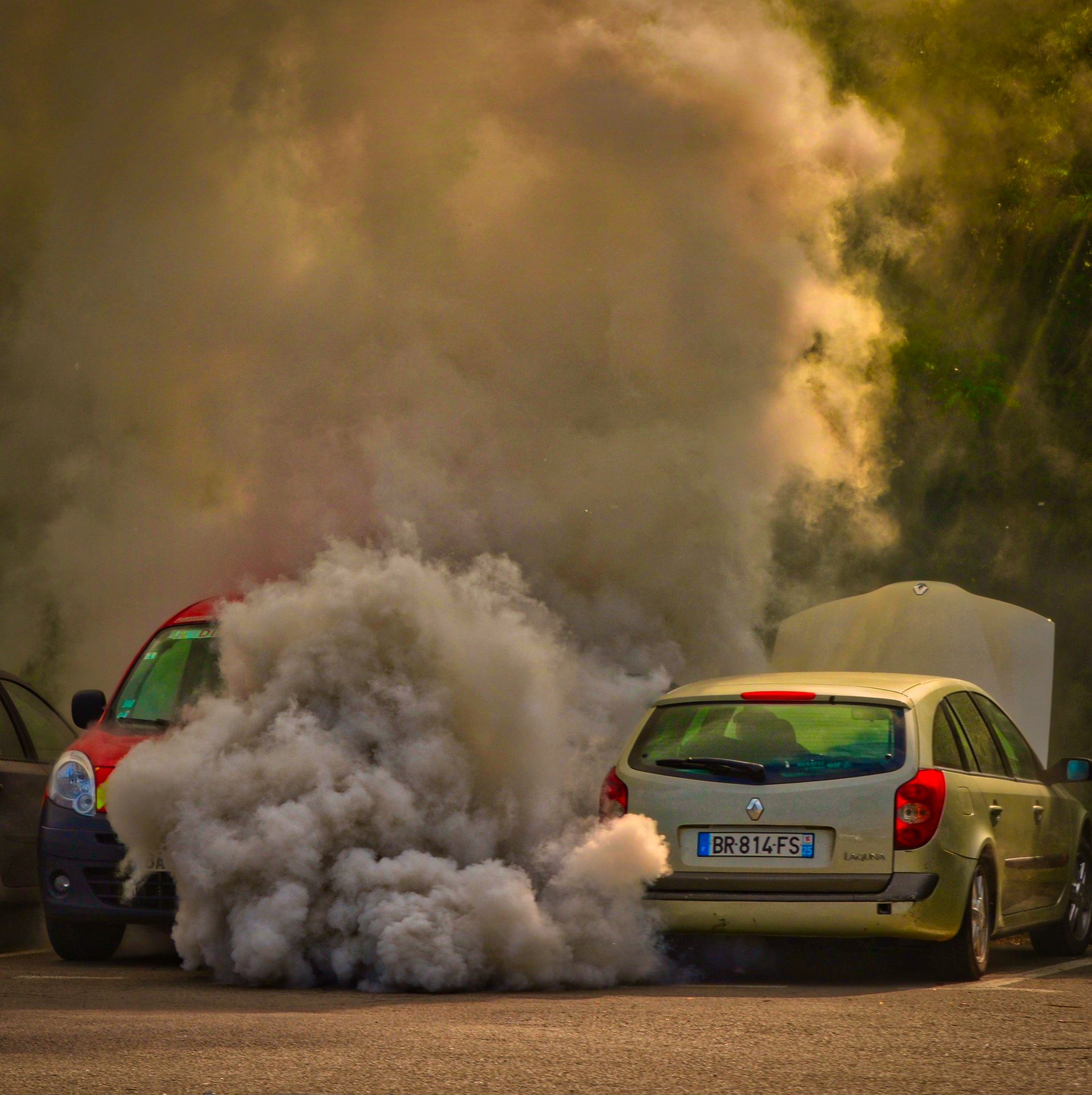Like many societal ills, air pollution reflects global inequalities, with most deaths related to air pollution occurring in low- and middle-income countries, and in poorer neighbourhoods in wealthier nations. Poverty forces people to live close to sources of pollution, like factories and highways, and poverty makes 3 billion people continue to burn solid fuels or kerosene for cooking, heating and lighting.
